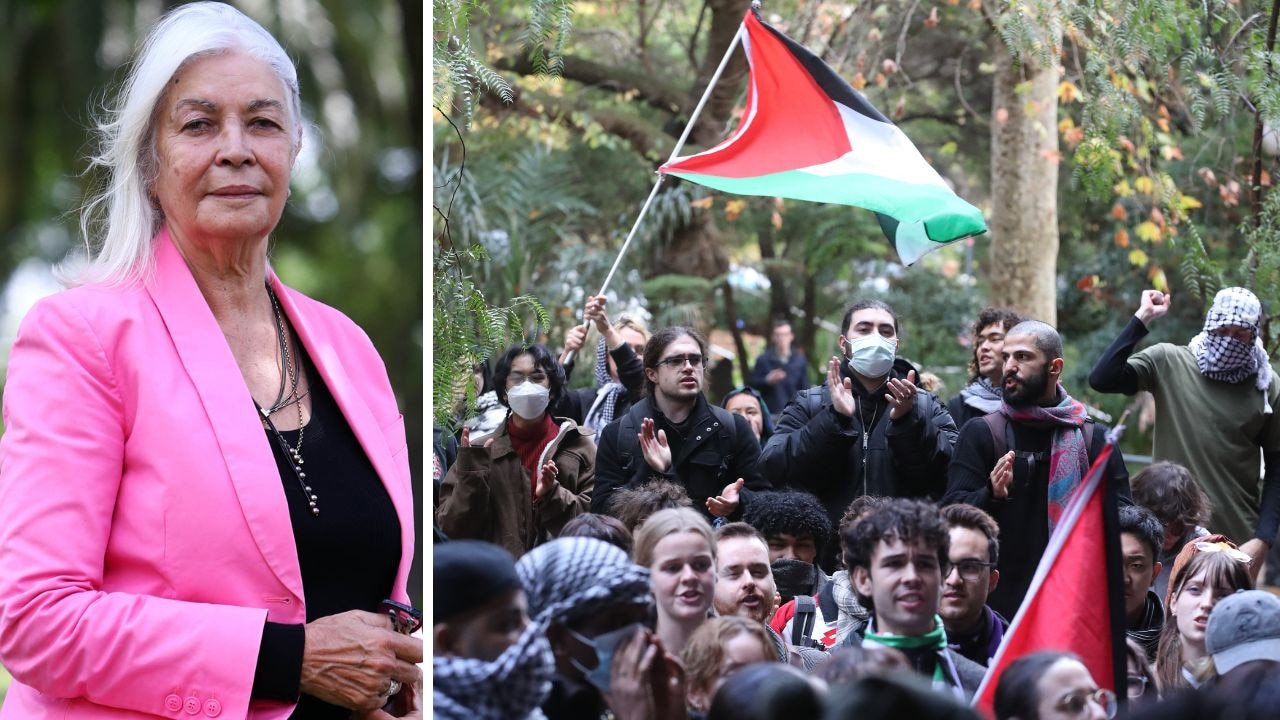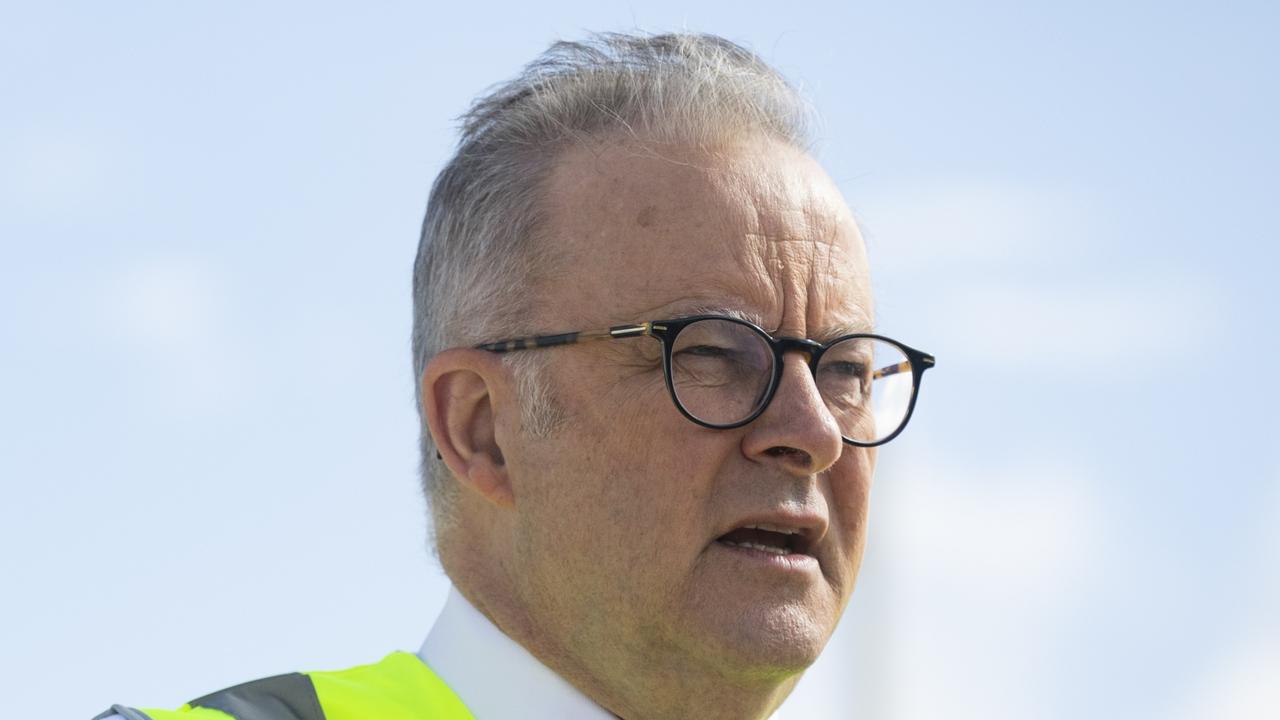China visa deal a boost for education and tourism
Anthony Albanese has given the green light to a new Australia-China visa deal to make it easier for visitors and business people to travel between the countries.
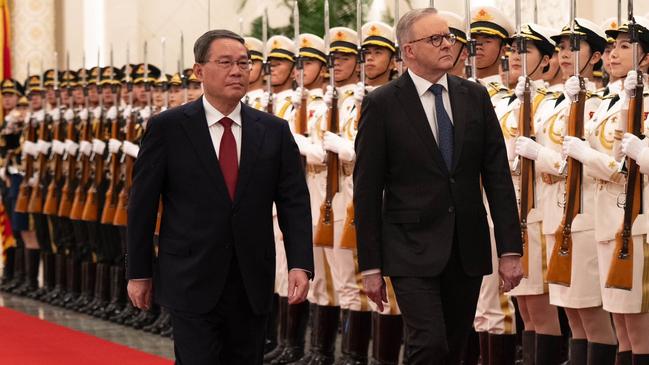
Anthony Albanese has given the green light to a new Australia-China visa deal to make it easier for visitors and business people to travel between the countries, before heading to the Pacific where Beijing’s rising influence will be high on the agenda.
As he departed China for the Pacific Islands Forum in Raratonga, the government was already moving to reassure key partners on Australia’s newly stabilised ties with Beijing, with the Prime Minister due to drop Foreign Minister Penny Wong in Tokyo to brief her Japanese counterpart on his China trip. In Mr Albanese’s final meeting of his three-day visit, he and Chinese Premier Li Qiang agreed they would meet annually, restoring what had been a standing arrangement that collapsed with the breakdown of bilateral relations after 2019.
Annual ministerial meetings on foreign, strategic and economic matters will also resume, while new reciprocal three to five-year multi-entry visas will kickstart business travel and help bring more Chinese students and tourists to Australia.
Further commitments were made to co-operate on climate change, energy and the environment, and expand people-to-people links, through sport, culture, education, innovation, and aviation exchanges.
Mr Albanese pronounced the trip a success amid promising signs that Beijing’s three years of trade bans against Australian exports were coming to an end.
“I would hope that there’s a recognition that this was a point where the relationship moved forward, where dialogue occurred in a way that was respectful, where differences were able to be discussed in a way that didn’t define the whole relationship,” he said.
“This is one of Australia’s most important relationships. The truth is the world is facing serious challenges and economic headwinds. And that’s why a region that is peaceful, stable and prosperous, matters at home. It strengthens our economy.”
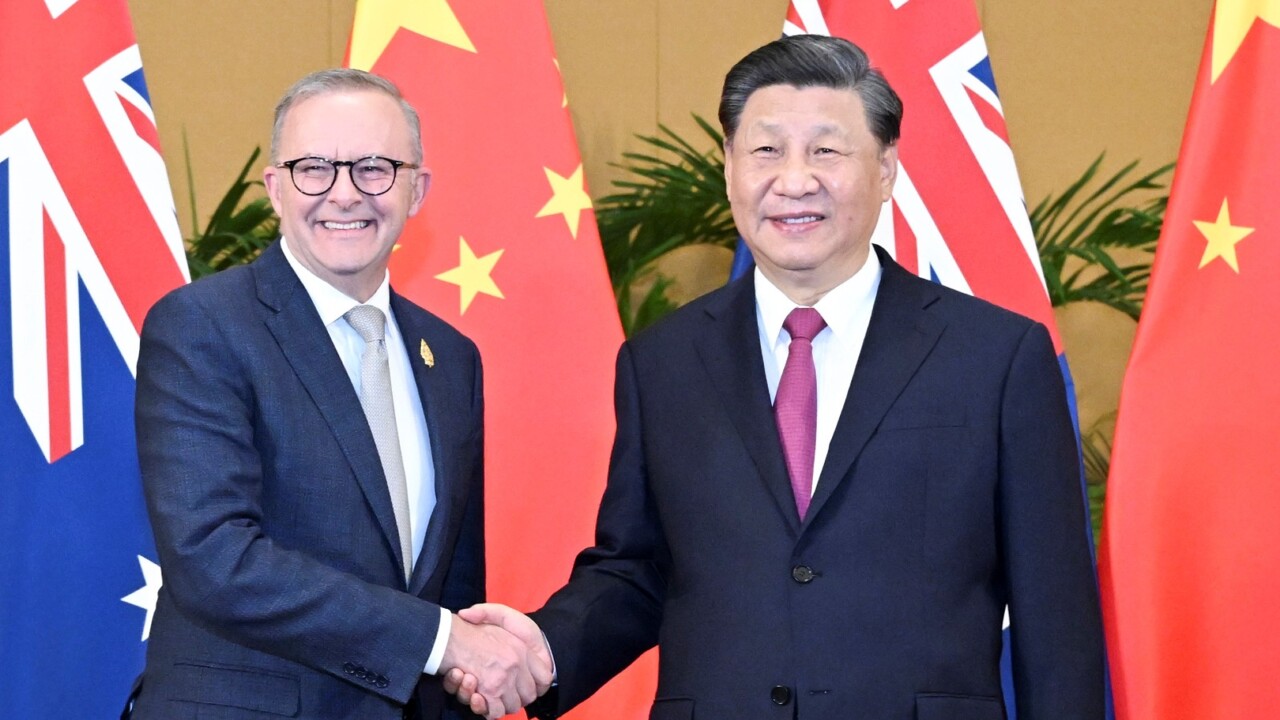
A day earlier, Chinese President Xi Jinping told the Prime Minister that Australia-China relations had “embarked on the right path” and were being conducted in “a more mature way”.
But Mr Xi also issued veiled warnings, reported by the state-run China Daily, for Australia to avoid “high fences” and “small cliques” – code for the West’s counter-China measures such as the Quad.
Mr Li, who hosted a ceremonial welcome and banquet for Mr Albanese, told his counterpart that Beijing was prepared to work with Australia to “expand practical co-operation and properly manage our differences”.
In a lighter moment, the country’s No.2 leader said many Chinese were sharing a social media video of Mr Albanese running by Shanghai’s Huangpu River, remarking: “We’re seeing that we have a handsome boy coming from Australia.”
Mr Albanese told Mr Li that Australia and China needed to co-operate more closely but warned countries must “respect sovereignty and meet their obligations under international law and conventions”.
Asked before he boarded his RAAF plane whether he remained concerned about China’s strategic intentions in the Pacific, Mr Albanese said he would “continue to have those discussions about the region”.
He pointed to last year’s PIF statement which scuttled a Chinese push for a region-wide security agreement by recognising “Pacific family” should safeguard regional security interests.
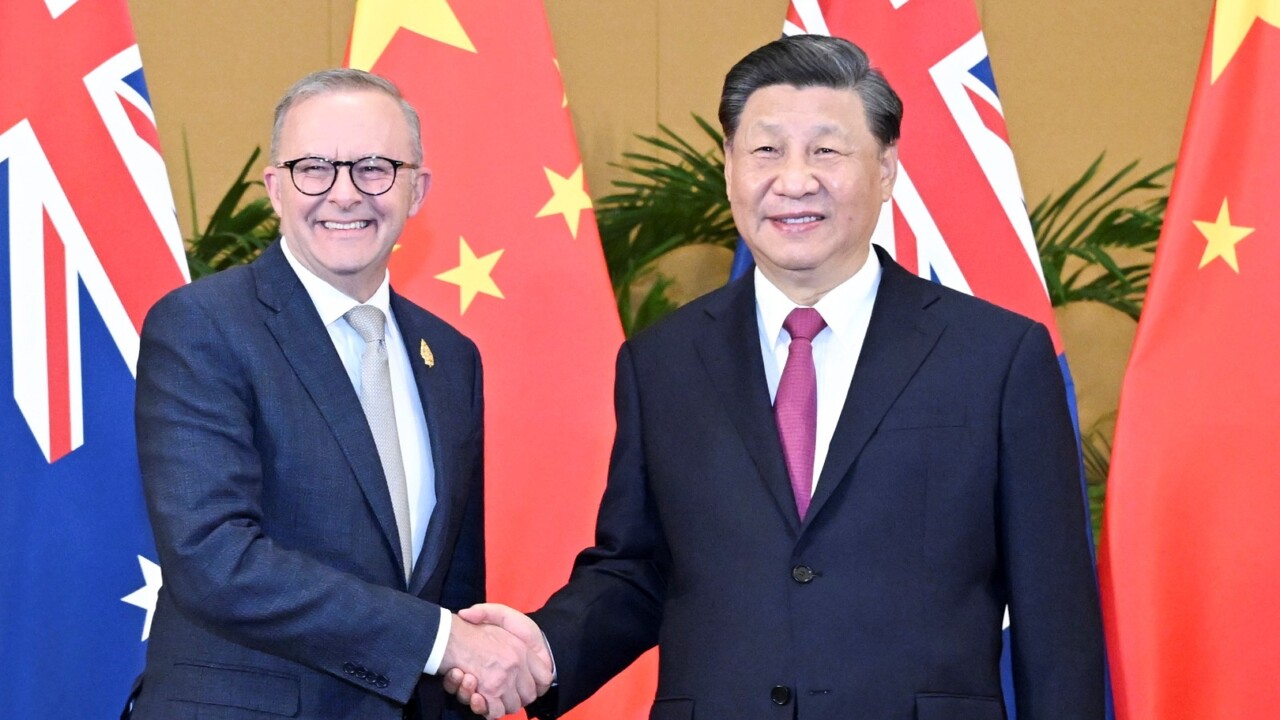
As the RBA raise rates again on Tuesday, Mr Albanese underlined China’s importance to the Australian economy.
“That’s why a major focus of this visit has been on Australian job creation; on benefit that we can get by dealing with the impediments to our trade, which have been there,” he said.
“We’re very focused on Australian jobs and the Australian economy and Australian living standards, which is why we continue to have as our No.1 priority cost-of-living relief.”
Australian wine is expected to re-enter the Chinese market by early next year, while Trade Minister Don Farrell expressed confidence that Australian lobster and red meat from a small number of abattoirs would soon be on sale in China again.
Former prime minister Malcolm Turnbull said China-Australia ties had not significantly improved, merely returning to a “more conventional” relationship.
He said Mr Albanese’s contribution was to offer Mr Xi an opportunity to pivot away from China’s “failed” campaign of economic coercion. “Yes, Albanese can take credit for this change,” Mr Turnbull told ABC Radio. “But is it really a change? Albanese has done nothing. All he’s done is he’s won the election, and he and Penny Wong have stopped using … belligerent language about China, as Dutton and Morrison did … but really, simply the change of government provided the exit ramp.”
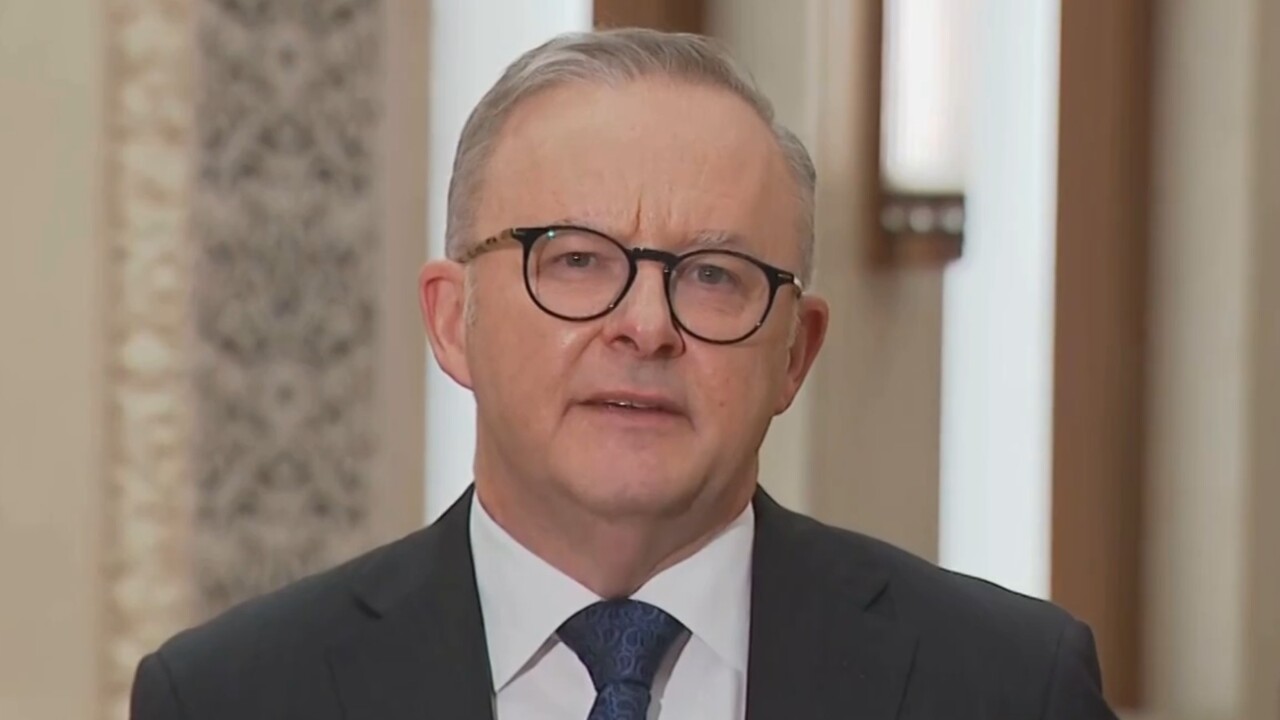
Opposition foreign affairs spokesperson Simon Birmingham warned the government needed to remain “clear-eyed about China and the challenges it poses”.
He highlighted ASIO’s recent warning that China was waging an unprecedented campaign of intellectual property theft, as well as aggressive actions by the Chinese navy in the South China Sea.
“So there are real challenges that we need to maintain a very clear focus on … and it’s important that whilst this visit might be positive, the Albanese government (should) not get any rose-coloured glasses about the challenges that are there as well,” he said.





